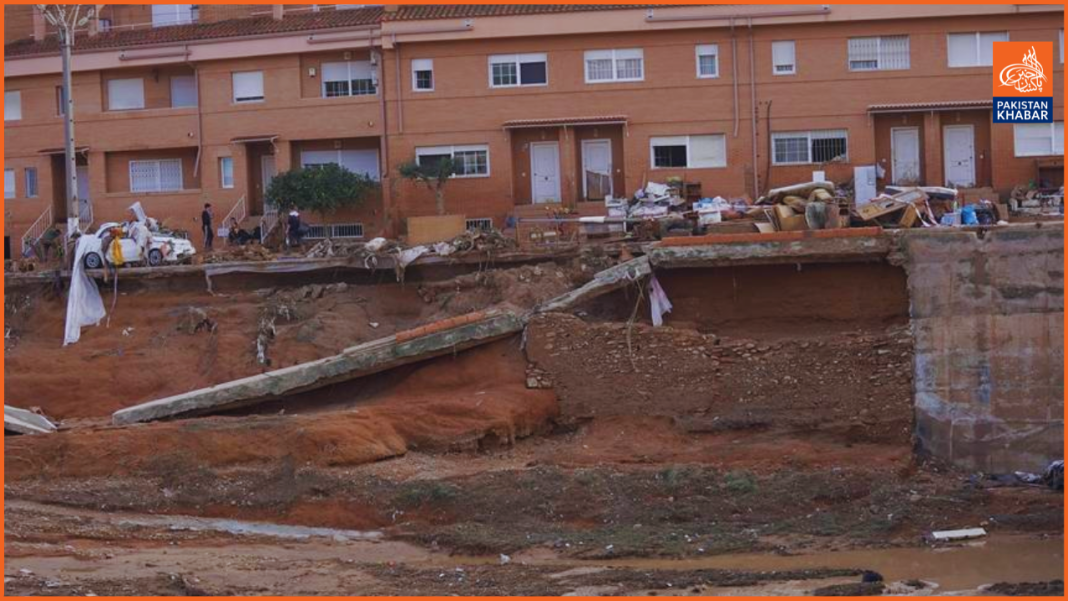Heavy rainfall continued to cause significant disruptions across Spain on Thursday as the country faced its second severe storm system in two weeks.
The storm brought widespread flooding on Wednesday, particularly in Malaga, where a hospital was inundated and forced to suspend most of its operations. More than 4,000 residents were evacuated from their homes, and police conducted 30 rescue operations.
Despite extensive damage and interruptions to transportation—including canceled flights, bus and rail services, and school closures—no casualties were reported.
“After what happened in Valencia, citizens have learned to respond to warnings with discipline and cooperation,” Malaga Mayor Francisco de la Torre told RTVE.
On October 29, devastating flooding affected Valencia and nearby areas, resulting in at least 224 deaths, according to the latest figures. The disaster is now considered the worst in Spain’s modern history, prompting the central government to allocate approximately $14 billion in aid for recovery efforts. The region most severely impacted by the October flooding was bracing for more heavy rainfall on Wednesday night but narrowly avoided new damage, despite sewage systems clogged with mud that could have compounded the flooding.
Parts of Valencia did see heavy rain and flooding, with precipitation reaching up to 90 liters per square meter in just two hours.
On Thursday, classes were suspended in several areas of Valencia and the provinces of Granada, Huelva, Cadiz, and Seville, as the storm system moved towards western Andalusia. By Thursday morning, red alerts for Valencia and Malaga were removed.
While the Mediterranean region is familiar with severe storms and flooding, experts warn that such events will become more frequent and intense due to climate change.
Speaking at COP29, Spain’s Prime Minister Pedro Sanchez attributed the deaths of more than 220 Spaniards to climate change and called for urgent action to reduce greenhouse gas emissions. “Let’s not procrastinate. We know the cause and the solutions. Governments have hesitated and regressed to favor the wealthy, but this approach is driving us toward catastrophe,” he stated.




